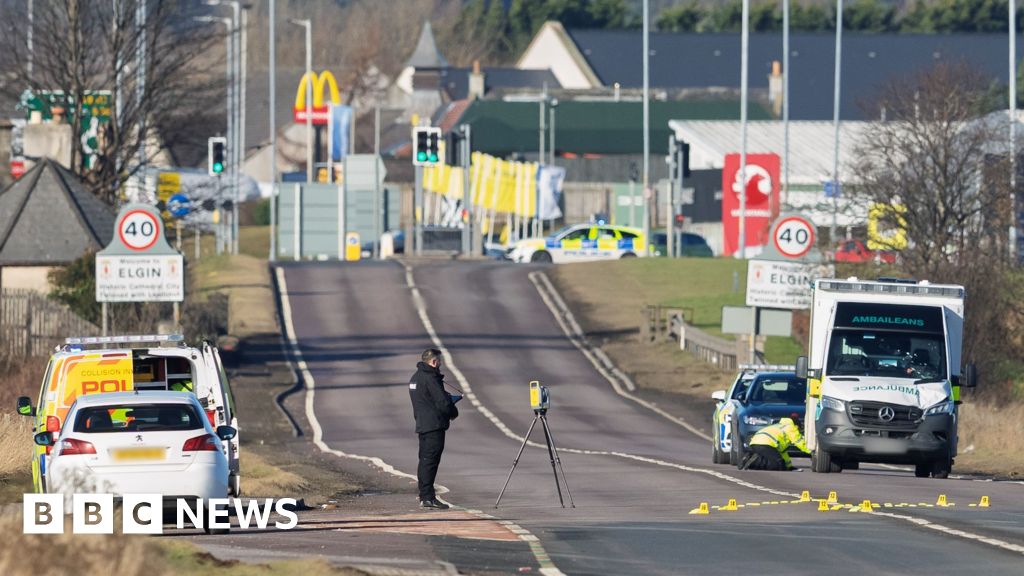Germany is preparing for a pivotal parliamentary election on February 23, following the collapse of the coalition government led by Chancellor Olaf Scholz in December. The key issues of the country are its struggling economy, migration, and Ukraine's ongoing conflict with Russia.
Why is a snap election taking place?

View of the glass dome of the Reichstag building, which houses Germany's Bundestag lower house of parliament
Photo Credit: AFP
At the heart of the election is the economy, which has been experiencing a downturn. The ruling coalition, comprising the Social Democratic Party (SPD), the Greens, and the Free Democratic Party (FDP), imploded due to disagreements over the budget. Chancellor Scholz sacked Finance Minister Christian Lindner of the FDP Party, citing his obstructive behavior and prioritisation of party interests over national concerns.
Lindner, however, countered that Scholz had attempted to coerce him into violating the constitutionally mandated debt brake, a spending limit designed to maintain fiscal discipline. The rift ultimately led to the FDP's withdrawal from the coalition and a subsequent confidence vote, which Scholz lost.
Who are the main party leaders?

Party leaders of the Germany election 2025
Photo Credit: AFP
The main party leaders include incumbent Chancellor Olaf Scholz, who has faced criticism for his handling of the economy and his coalition's infighting. He took office in December 2021 but his popularity has fallen since.
Friedrich Merz, the CDU/CSU's candidate, has positioned himself as a seasoned politician with a strong conservative stance. However, Merz drew ire when he broke a German taboo of accepting support from the far-right party AfD, but rejects the idea of forming a coalition government with them.
Alice Weidel, the AfD's leader, has gained popularity advocating for stricter immigration controls, opposing woke values, and mainstream politicians. Having said that, Weidel is an unusual figure to lead the far-right party, since she advocates for a "traditional family" but is a gay woman with a Sri-Lankan partner, while living in Switzerland.
Who is leading?

A voter casts a ballot for federal elections at a polling station in Berlin
Photo Credit: AFP
The election has attracted a diverse range of parties, including the SPD, the conservative alliance comprising the Christian Democratic Union (CDU) and the Christian Social Union (CSU), the Greens, the far-right Alternative for Germany (AfD), the pro-market Free Democratic Party (FDP), the far-left Die Linke, and the left-leaning populist Sahra Wagenknecht Alliance (BSW).
Recent polls indicate that the CDU/CSU alliance is currently leading with 29% of voter support, followed closely by the AfD with 21%. The SPD trails behind with 16%, while the Greens have secured 12% of voter backing.
How are the Bundestag seats allocated?

This general overview shows the plenary hall of the German Bundestag in Berlin
Photo Credit: AFP
Germany's electoral system is complex, with each voter casting two votes: one for a constituency candidate and another for a political party. The 630 seats in the Bundestag are allocated based on the proportion of second votes received by each party. The party with the most votes will nominate a candidate for chancellor, who must secure an absolute majority in the Bundestag to be sworn in as the country's new leader.
When will the results come out?

Top candidates take part in a TV debate in Berlin
Photo Credit: AFP
Polling stations will open at 8 am (07:00 GMT) on February 23 and close at 6 pm (17:00 GMT). Exit polls are expected shortly after the polls close, with initial results anticipated to emerge around 30 minutes later. The final results will likely be determined overnight.

 9 hours ago
6
9 hours ago
6









